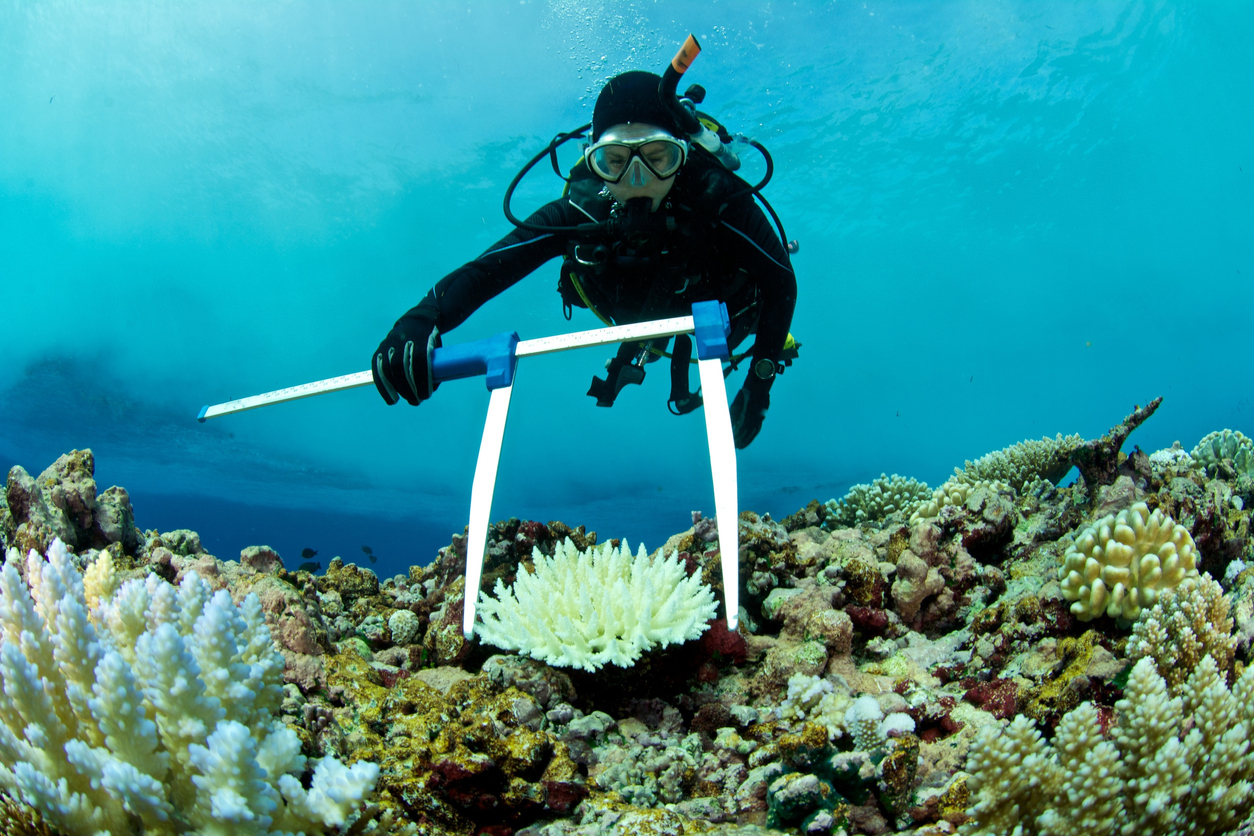
Ocean Knowledge
Revolutionary data and technology combined with traditional and local knowledge will not only enhance our understanding of ecosystems and natural wealth today but unleash our imagination with the possibilities of tomorrow.
The ocean is a vital and complex natural system. We need to build literacy and skills and share and apply knowledge of how ocean ecosystems work, and how they respond to stressors to better inform decision-making. Accounting that captures the full value of ocean assets and the ocean economy is critical to guide the sustainable development of ocean industries. The UN Decade of Ocean Science for Sustainable Development (2021—2030) represents a unique opportunity to enhance the scientific understanding of the ocean.
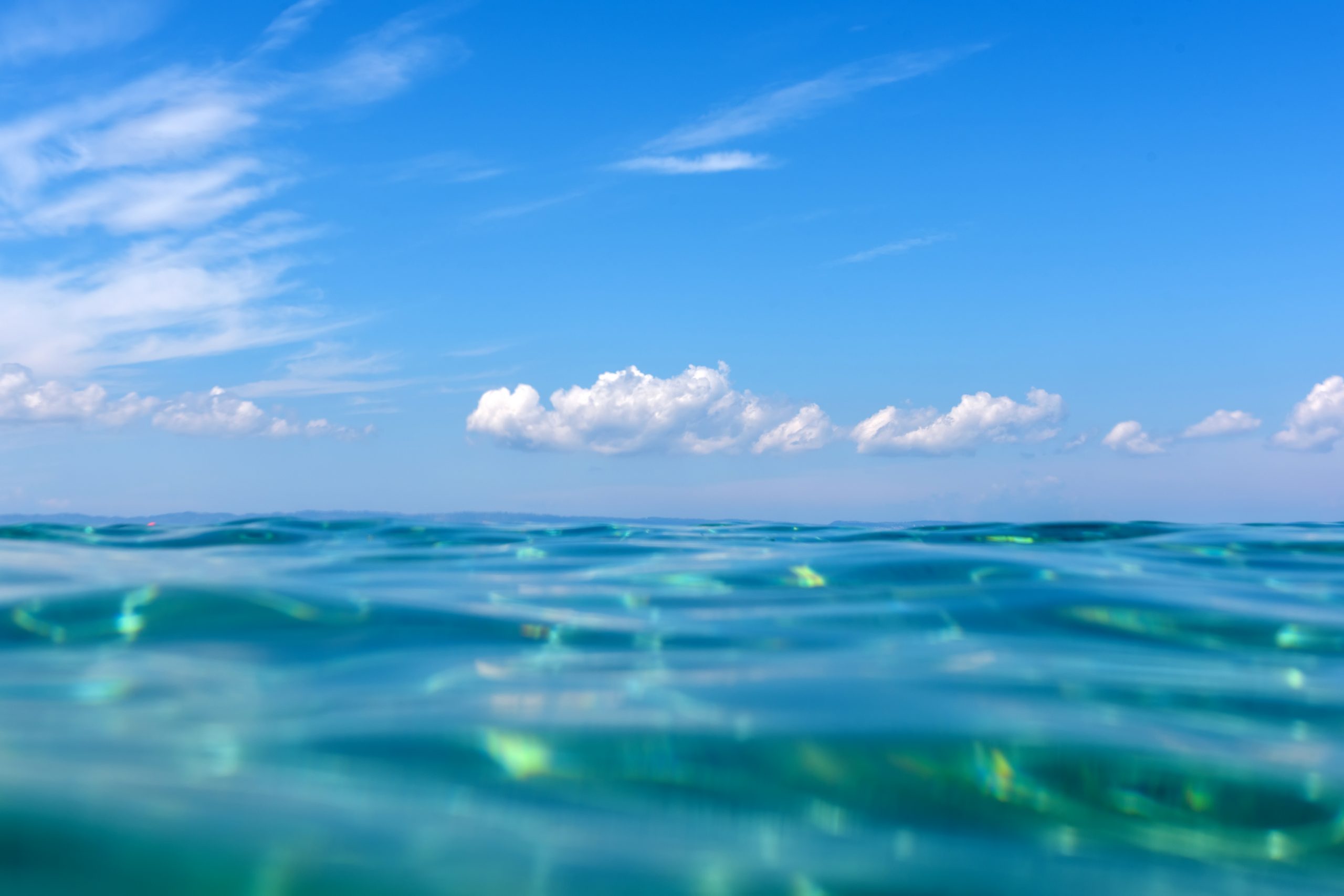
It is important for people to understand the significance and influence of the ocean on their well-being and the influence of their activities upon the ocean.
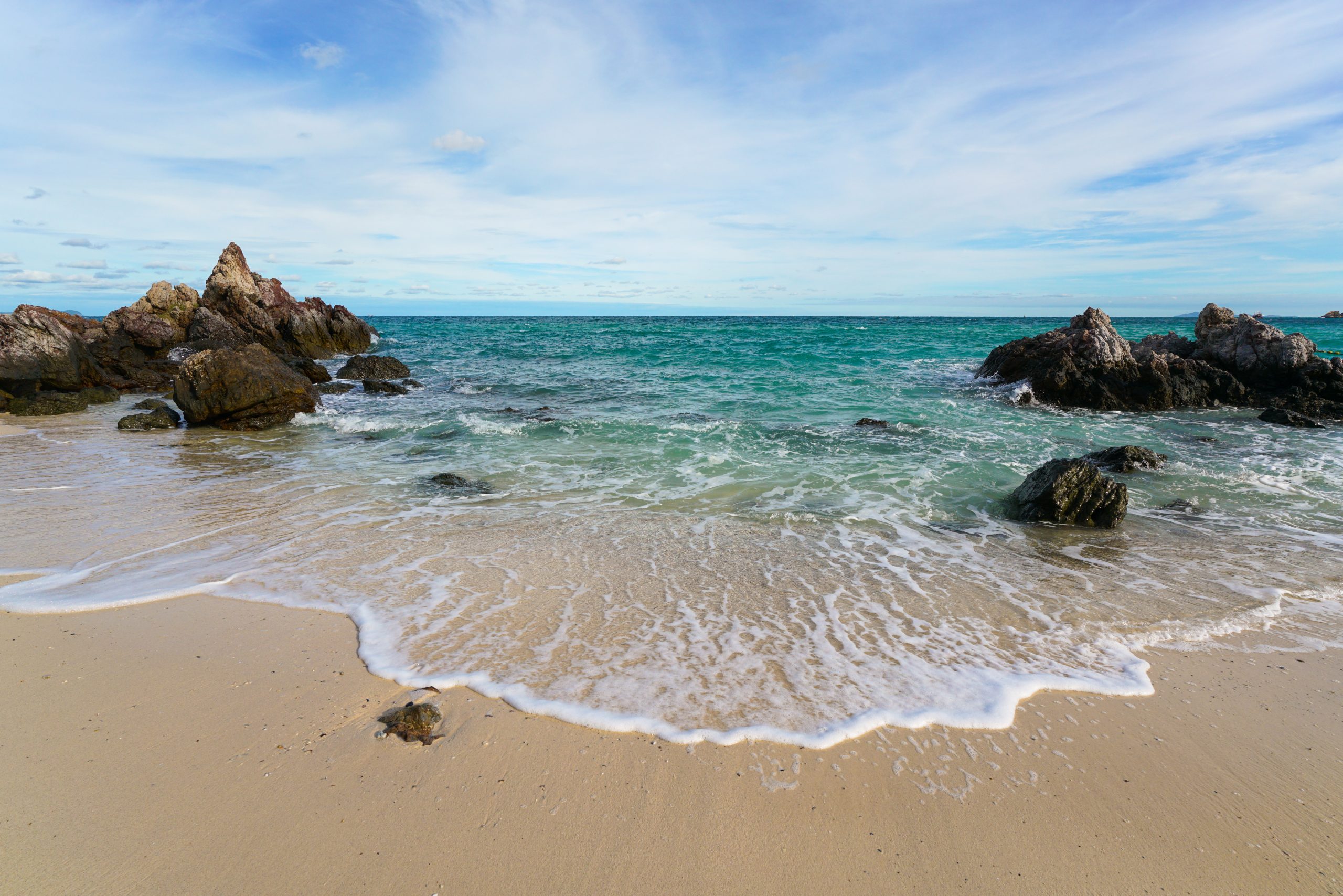
People must be enabled to acquire the knowledge, skills and capacity necessary to participate in and benefit from ocean opportunities.
Through the UN Decade of Ocean Science, ocean literacy has been enhanced worldwide. People understand the value of the ocean and have acquired the skills and knowledge to participate in the sustainable ocean economy.
Make ocean knowledge available to everyone and invest in building ocean literacy and awareness among citizens, including through formal education.
Invest in knowledge, technology and skills training for ocean conservation and management and the sustainable ocean industries of the future to ensure a just transition for workers in the ocean economy.
Increase cooperation, capacity building and transfer of knowledge and marine technology on mutually agreed terms to ensure that benefits from the sustainable development of the ocean are shared.
Measurement of progress for the ocean economy is overly focused on production indicators such as contribution to gross domestic product.
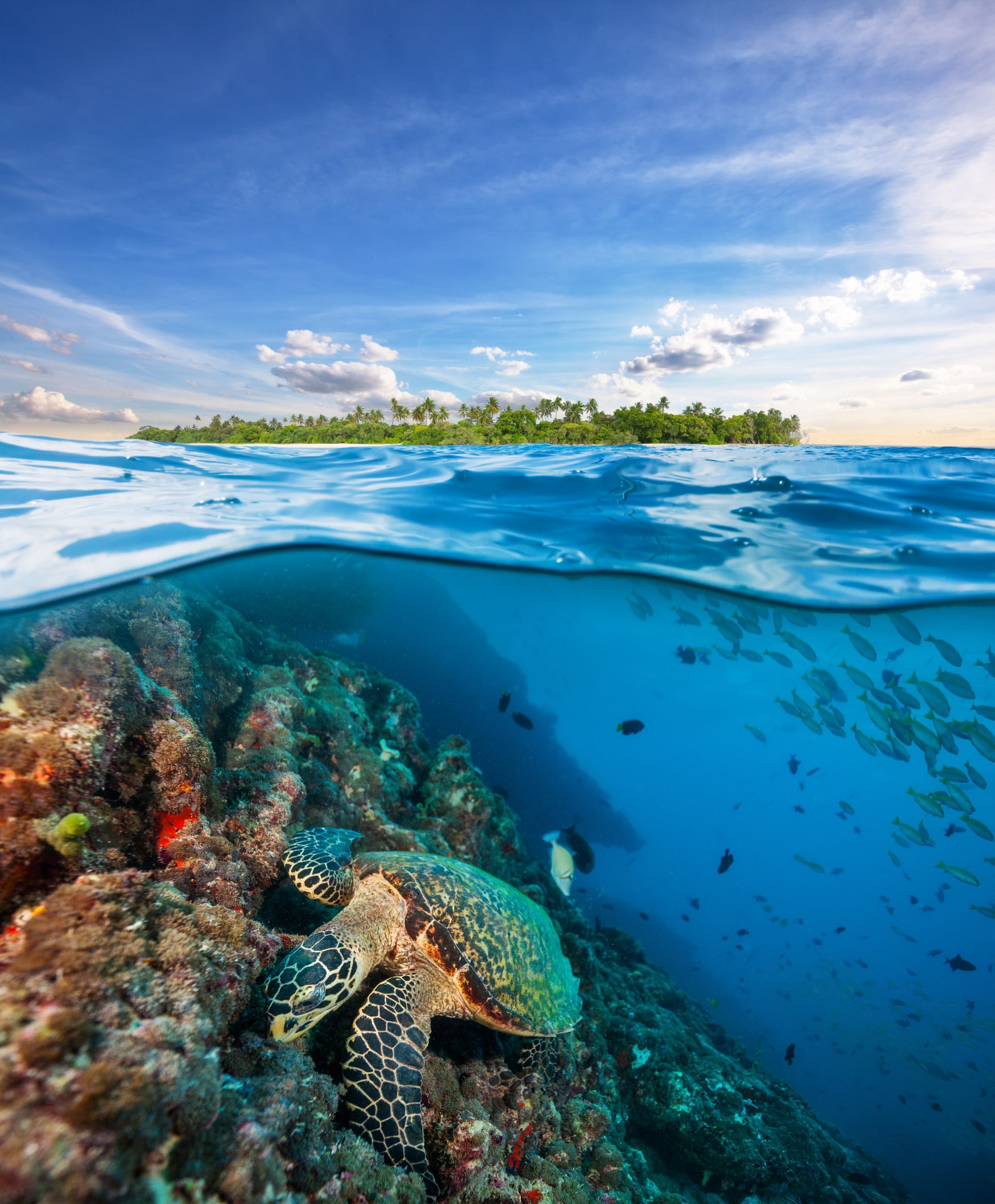
With current data and technology, it is now possible for all countries to account for the status of the natural wealth of the ocean — the most important measure of progress towards sustainability of the ocean economy.
The development and integration of ocean accounts into national accounts can provide a dynamic evidence base that goes beyond a single indicator of production to reflect the full value of the ocean economy.
Decision-making affecting the ocean reflects the value of and impacts on the ocean’s natural capital.
Develop a complete sequence of national ocean accounts that are actively used to inform decision-making.
Align international standards for ocean accounting and best practices for implementation as soon as possible to develop and ensure interoperability, harmonisation and coherence of ocean accounts.
Commit to global partnerships to share best practices and build capacity in national ocean accounting.
Explore a process to develop a global approach for tracking national performance based on ocean accounts.
Scientific research and monitoring are critical to decision-making and ocean management, and to understanding the impacts of stressors on the ocean.
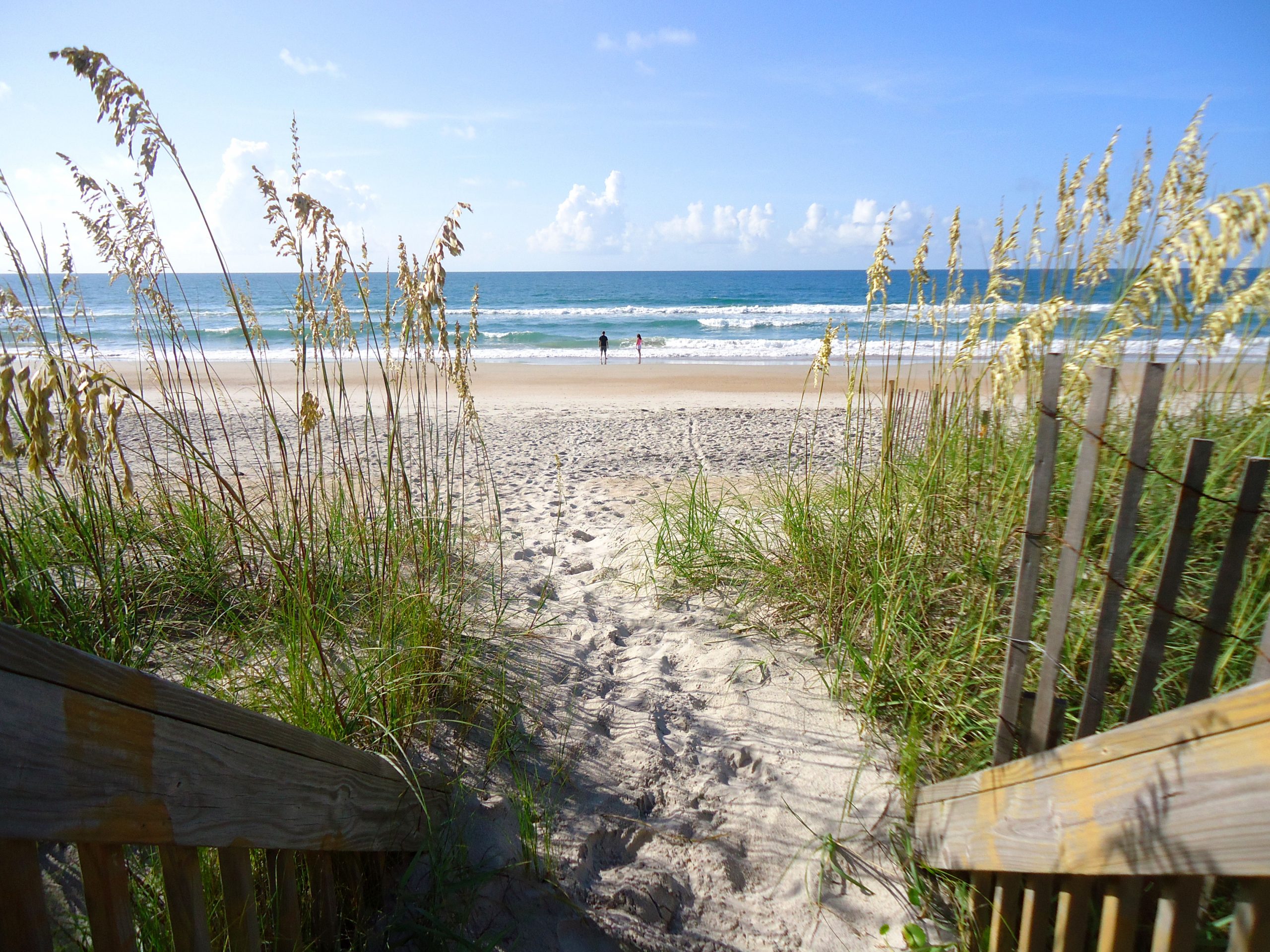
Advances in remote sensing technologies, big data management and modelling techniques provide new opportunities to improve the efficiency and cost-effectiveness of monitoring and managing activities in the ocean, including commercial and artisanal fisheries and protected area management.
These technologies can revolutionise how ocean data are collected, stored and used for better ocean management, business development and job creation.
A globally shared data revolution has contributed to sustainable ocean management worldwide.
Incentivise the use of the latest innovations and technologies, such as satellites, autonomous vehicles, artificial intelligence for near real-time data collection, research, monitoring, and enforcement and decision-making.
Promote transparent and open sharing and accessibility of ocean data.
Scale up integrated local-to-global observation, including indigenous and local knowledge, and research to better inform decision-making.
Support marine science capacity building, information exchange, collaboration and appropriate technology transfer on mutually agreed terms, and mobilise capital for technologies where there are market gaps.
Fill major data gaps and digitise information on coastal and marine ecosystems, such as mangroves, seagrasses, salt marshes, kelp beds, sand dunes, reefs, deep ocean ecosystems and the ocean floor.



